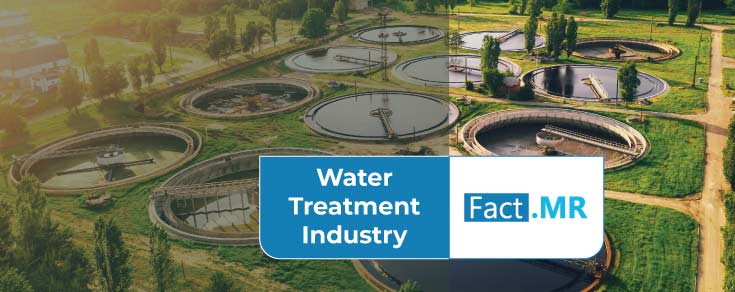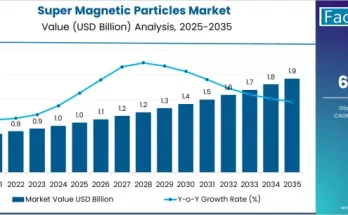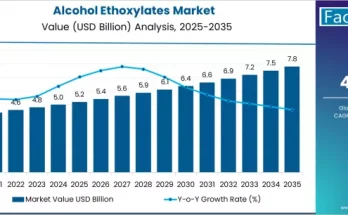The water sector is crucial to maintaining life on Earth and supporting a number of industries, including manufacturing, domestic use, agriculture, and energy. Technology advances and a rising consciousness of the value of water conservation over time have sparked interesting breakthroughs in the sector.
Smart Water Management Systems:-
One of the most remarkable advancements in the water industry is the integration of smart technologies for efficient water management. Smart sensors and data analytics are being deployed to monitor water quality, detect leaks in pipelines, and manage water distribution networks. These systems provide real-time insights, enabling timely intervention and reduced water wastage.
Water Purification Technologies:-
Access to clean and safe drinking water remains a global challenge. Recent developments in water purification technologies have made significant strides in addressing this issue. Advanced filtration techniques, such as nanofiltration and reverse osmosis, are increasingly being used to remove contaminants and pollutants from water sources, ensuring a higher quality of drinking water.
According to the by Fact.MR the water treatment membrane market is expected to grow at a CAGR of 7.1% by the end of 2031.
Desalination Innovations:-
As freshwater resources become scarcer in some regions, desalination has gained prominence as a solution to provide freshwater from seawater. New developments in desalination processes, including improved energy efficiency and reduced environmental impact, are making desalination a more viable and sustainable option for water supply in water-stressed areas.
Agricultural Innovation for Water Efficiency:-
Agriculture is a major consumer of water, and its practices have often been criticized for their inefficiency. However, new agricultural techniques are emerging to address this concern. Precision agriculture, which involves using data-driven insights to optimize irrigation, crop management, and fertilizer application, is helping farmers make the most of every drop of water.
Water Recycling and Reuse
Water scarcity has led to a renewed focus on water recycling and reuse. From industrial processes to urban landscaping, treated wastewater is being repurposed for various non-potable uses. This practice reduces the strain on freshwater sources and minimizes the overall demand for water.
Rainwater harvesting, a centuries-old practice, is experiencing a resurgence in popularity as the world seeks sustainable solutions to water scarcity and environmental challenges. This age-old technique of collecting and storing rainwater for various purposes has evolved significantly in recent years. In this blog post, we’ll explore the future of the rainwater harvesting industry, examining the trends and innovations that are propelling it into a pivotal role in water resource management.
Innovation in wastewater treatment technologies is at the forefront of the industry’s evolution. Advanced treatment methods such as membrane filtration, biological nutrient removal, and advanced oxidation processes are gaining prominence. These techniques enhance the removal of contaminants, pathogens, and pollutants, resulting in treated water of higher quality.
The market for ultrafiltration is expected to grow from its current value of US$ 2.96 billion in 2023 to US$ 10.97 billion by 2033. According to Fact.MR, the market for ultrafiltration technologies is anticipated to grow globally between 2023 and 2033 at a high-value CAGR of 14%.
Maximizing Sustainability: Innovations in the Water Industry
The water industry plays a pivotal role in ensuring the availability of clean and safe water for various purposes, ranging from drinking to industrial processes. As concerns about water scarcity and environmental sustainability grow, the need for efficient water management becomes increasingly evident.
Understanding the availability and demand of water around the world is important, yet water stress does not always result in a water crisis. By using methods like removing water-hungry grass, desalination, and wastewater treatment and reuse, cities like Singapore and Las Vegas in the United States, for instance, demonstrate that society can flourish even in the most water-scarce circumstances.
Even if the globe restricts global temperature rise to 1.3 degrees C to 2.4 degrees C (2.3 degrees F to 4.3 degrees F) by 2100, an additional 1 billion people are predicted to live with extremely high water stress by 2050.
From rainwater harvesting to advanced wastewater treatment techniques, the industry is undergoing transformative changes to address these challenges.
Rainwater Harvesting: A Natural Resource Reimagined
Rainwater harvesting is emerging as a game-changing practice in the water industry. By capturing and storing rainwater for later use, this technique reduces the strain on traditional water sources and mitigates flooding in urban areas. This practice not only benefits homeowners but also has significant applications in agriculture and landscaping. By integrating rainwater harvesting systems into infrastructure design, communities can take a step towards water self-sufficiency while minimizing their ecological footprint.
Wastewater Treatment: From Conventional to Cutting-edge
Wastewater treatment is a multi-stage process that aims to remove contaminants before releasing the water back into the environment. The primary treatment phase involves physical processes such as sedimentation and filtration, effectively removing larger particles from the wastewater. Secondary treatment utilizes biological processes to break down organic matter. Advanced tertiary treatment, including techniques like membrane filtration and UV disinfection, ensures the removal of remaining contaminants. Implementing this multifaceted approach helps maintain water quality and protect aquatic ecosystems.
In conclusion, the water industry stands at a crossroads of innovation and necessity. As the global water crisis looms, embracing practices like rainwater harvesting and wastewater recycling becomes imperative. The evolution of wastewater treatment techniques, whether for domestic or industrial streams, showcases the industry’s commitment to environmental preservation. By leveraging advancements in water treatment chemicals, machinery, and equipment, the industry is enhancing its efficiency and efficacy. As we move forward, collaboration between policymakers, industries, and communities will be crucial in charting a sustainable and water-secure future. By valuing water as the precious resource it is, we can usher in an era of responsible water management that benefits us all.



